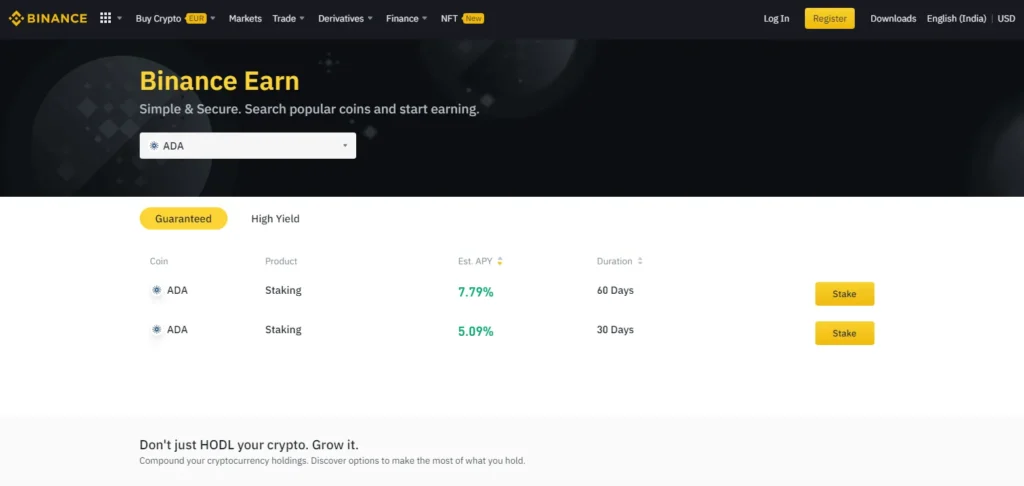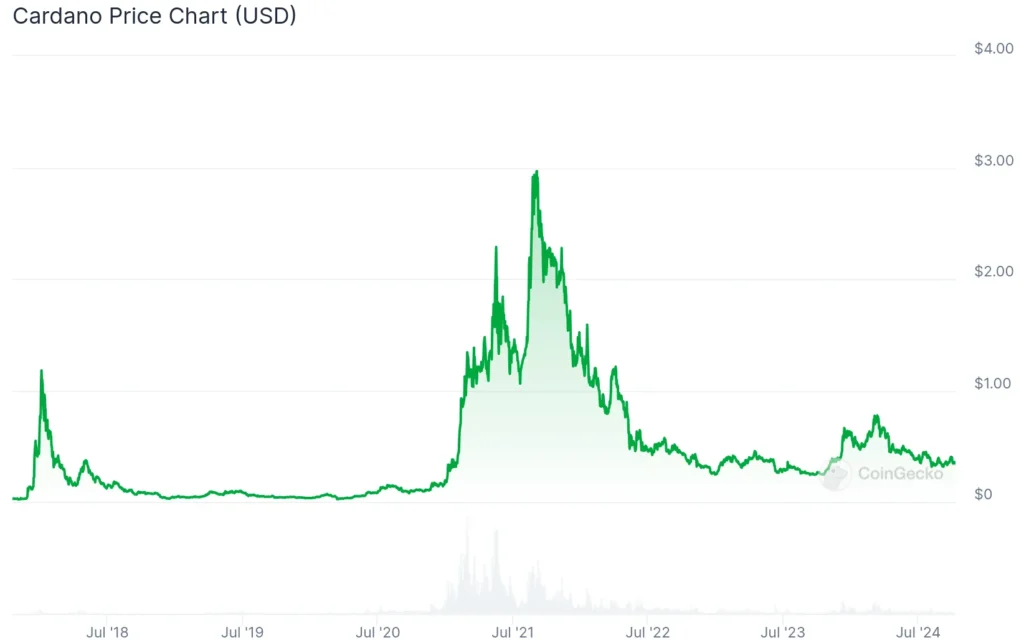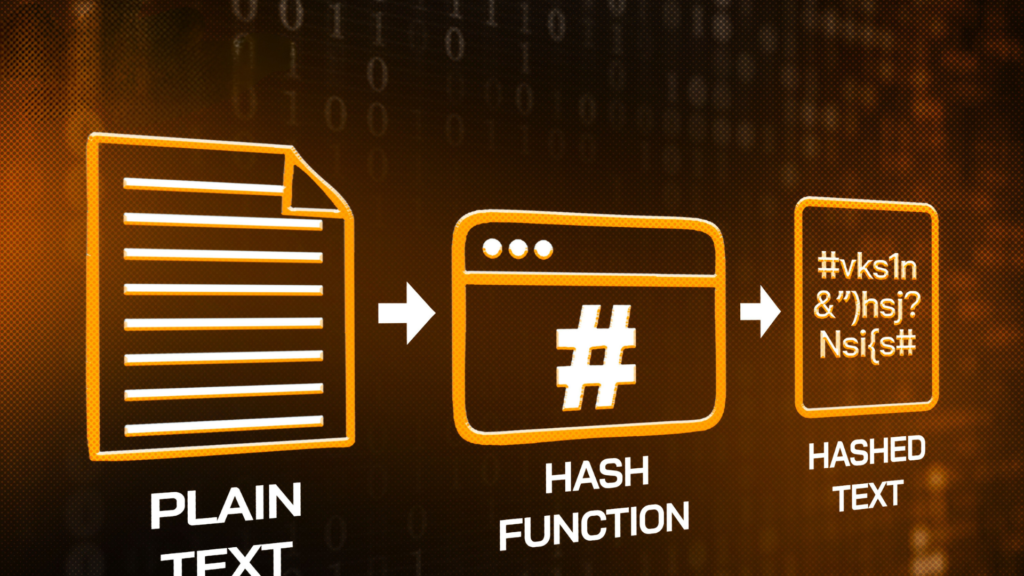Summary
Contrary to traditional mining, Cardano does not rely on energy-intensive proof-of-work. Instead, its native ADA token is secured and maintained through a Proof-of-Stake (PoS) system called Ouroboros. So while you can’t mine Cardano in the classic sense, you can earn ADA by participating in network staking—a method often described as mining in staking-centered networks.

🧠 What Is Cardano’s Approach to “Mining”?
Cardano separates itself through a consensus protocol called Ouroboros, which selects validators based on the amount of ADA delegated or staked. No mining rigs, GPUs, or ASICs are required. Instead, ADA holders delegate their tokens to staking pools, and rewards are distributed proportionally based on stake size and pool performance.
✅ Key Benefits of “Mining” Cardano via Staking
• Eco-Friendly and Efficient
Since no cryptographic puzzles are solved, energy consumption is orders of magnitude lower than traditional mining — using virtually no additional electricity.
• Passive Rewards
Stakers can earn approximately 3–5% APY on ADA, depending on pool fees, stake size, and network parameters.
• Low Technical Barrier
You don’t need specialized hardware. A compatible ADA wallet—like Daedalus or Yoroi—is all you need to begin staking.

🛠️ How to Start “Mining” Cardano (Staking ADA)
1. Choose an ADA-Compatible Wallet
Popular choices include:
- Daedalus: Full-node desktop wallet with native staking support
- Yoroi: Lightweight mobile and browser wallet that also supports delegation
2. Acquire ADA
Buy ADA on a reputable exchange and transfer it to your ADA-compatible wallet.
3. Delegate to a Staking Pool
Within your wallet interface, browse and select a staking pool:
- Consider metrics like pledge size, fee rate, and pool uptime
- Delegating is non-custodial: your ADA never leaves your wallet
4. Start Earning Rewards
Cardano distributes staking rewards every epoch (around every 5 days). Once delegated, you’ll begin earning rewards automatically based on your stake share.

📊 Staking vs. Mining: Why Cardano Focuses on Stake
| Feature | Crypto Mining (PoW) | Cardano “Mining” (PoS Staking) |
|---|---|---|
| Hardware | Requires GPUs or ASICs | Standard wallet; no extra hardware |
| Support | Contributes hashing power | Delegates ADA to secure network |
| Energy Use | High electricity consumption | Very low energy usage |
| Entry Barrier | High setup cost | Minimal costs and easy entry |
| Rewards | Based on computing power | Based on staked ADA and pool performance |
Staking offers predictable rewards and network participation with lower barriers and greater sustainability.
⚠️ Risks & Considerations
- Variable Rewards: APY depends on network saturation and pool efficiency.
- Lock-Up Effects: Although ADA remains in your wallet, it behaves as if locked until withdrawal.
- Pool Risk: Poorly maintained pools may reduce rewards or temporarily halt earning.
- Price Volatility: Declines in ADA’s value can outweigh rewards if you measure earnings in fiat terms.
🌱 Best Practices for New ADA Stakers
- Use a reputable wallet (Daedalus or Yoroi).
- Delegate with a transparent, high-uptime pool.
- Diversify stake across pools to reduce risk.
- Monitor fee rates and historical performance.
- Stay updated on protocol changes—Cardano is evolving rapidly.
🌏 Why Cardano Emphasizes Staking Over Mining
- Scalable and Decentralized: Unlike traditional PoW chains, Ouroboros improves scalability without sacrificing decentralization.
- Scientific Foundation: Built from peer-reviewed research and structured in eras such as Shelley, Goguen, and Voltaire.
- Energy Sustainable: One of the top sustainable public blockchains—with annual energy usage under 0.01% of Bitcoin’s network.

🧭 Final Thoughts
In Cardano’s world, “mining” ADA means staking your assets rather than deploying mining hardware. By delegating ADA to a valid staking pool, you help secure the network, participate in governance, and earn regular rewards—with none of the complexity and expense associated with proof-of-work systems.
If you’re looking for a low-barrier way to engage with Cardano and potentially grow your ADA holdings, staking offers an energy-efficient, accessible, and passive path to earning—in essence, the modern equivalent of mining.
Read more: Quarterly Options Expiry Challenges Bitcoin and Ethereum with Over $14 Billion at Risk



